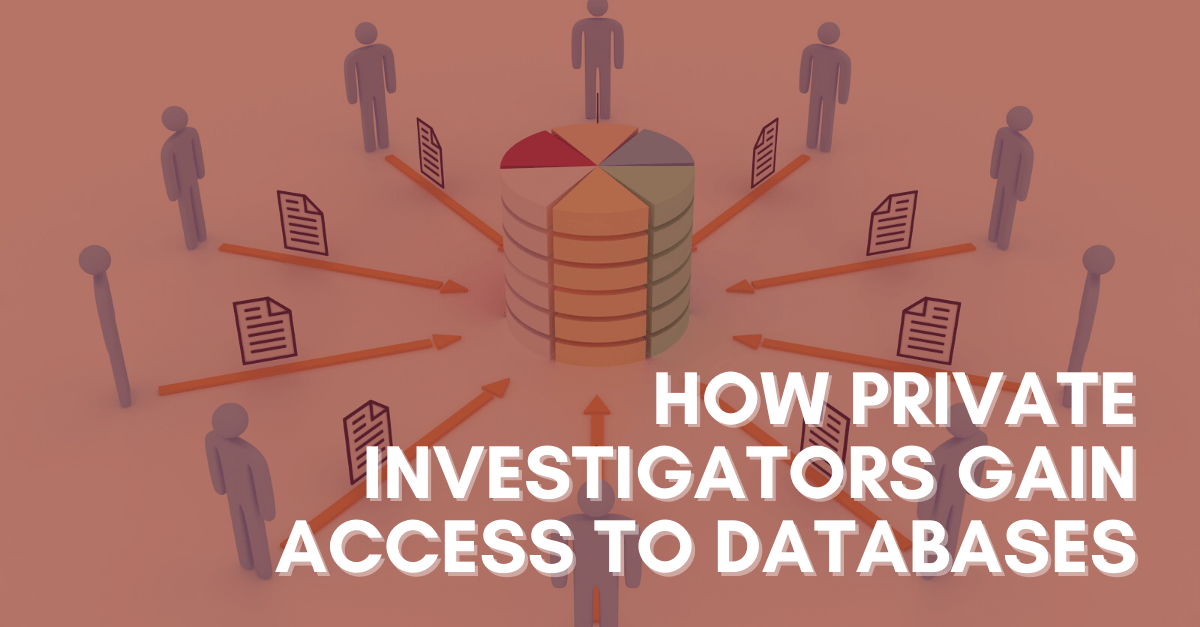Databases are amongst the most important tools available to any private investigator. They are crucial for most investigations and are usually the first investment a new PI makes after acquiring their license. There are a plethora of different databases available, and each has its value for different types of cases.
PIs might even use databases in an open-source investigation (or OSINT). If you haven’t come across the term open-source investigation before, in a nutshell, it means investigating via the use of publicly accessible information or data. OSINT can include, for example, collecting, analyzing, and interpreting information on the internet or elsewhere. In this, OSINT differs from subscription databases, which limit access behind paywalls.
Using open-source and publicly accessible information can be a great and reliable way to start off an investigation. Following such a jumping point, databases based on subscription models can give an edge to a private investigator’s research. A level that might otherwise be inaccessible.
Gaining access to databases
This would be the first step a private investigator could take to expand their investigatory reach. A few examples of useful databases PIs and law enforcement are often familiar with include: CLEAR, SkipSmasher, TLO, IRB Research, Tracers, DelvePoint and IdiCore. Besides them, there are also databases that people working alongside a private investigator might use, such as, WestLaw and LexisNexis. Lawyers would most often make use of these, usually to access personal identifiers.

To gain access to higher-tiered databases, however, a PI must make sure they are vetted. These can often include very sensitive information, that only qualified individuals are permitted to handle. Physical inspections and a background check are often a minimum requirement for such access. They must also ensure that the data in question is safeguarded securely, whether electronically or physically.
With that done and provable permissible purposes under federal law, a private investigator will then have access to a wealth of information. Providing, of course, that they have paid the right fees, which are considerable.
How important are databases for investigators?
Databases may only be a tool by which an investigator can come closer to closing their case, but they are crucial. For a PI to complete an investigation in a timely manner access to them is often a necessity. Locating an individual is a particularly challenging task, accessing databases, however, can make this much easier. It can give data on a person’s family members and locations and the subject’s last known location. All crucial information to, for example, serve someone important judicial documents.

This week we began to explore how private investigators access databases and why they might need them. Next week we will be delving, with more detail, on how they use these to do their job to the highest of standards.
If you find yourself in need of a licensed private investigator and their particular set of skills, please feel free to call us. Or simply click on this link to get in contact with one of our team members.










